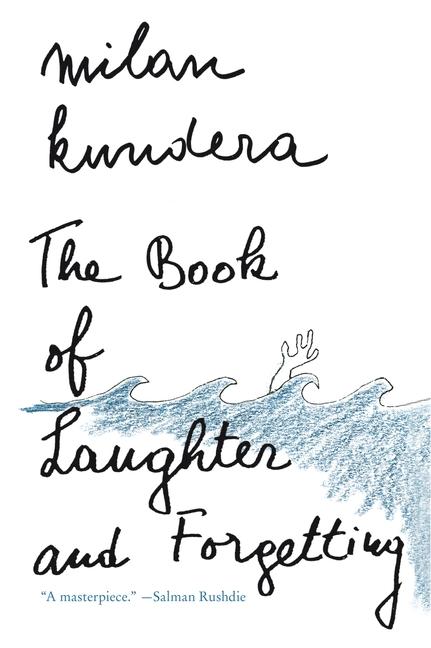
The Unbearable Lightness of Being
Book Description
Love and betrayal dance on the tightrope of existence in Milan Kundera's 'The Unbearable Lightness of Being.' Amidst the tumult of 1968 Prague, four intertwined souls grapple with the weight of choice and the fleeting nature of happiness. Torn between passion and philosophical dilemmas, their relationships unravel in a world where every decision ripples through time. Heartbeats race as the characters confront their desires and wrestle with the concept of eternal return. What happens when the quest for meaning collides with the chaos of life? In a world where nothing is certain, can love ever truly endure?
Quick Book Summary
Set against the backdrop of the 1968 Prague Spring and its aftermath, "The Unbearable Lightness of Being" delves into the interwoven lives of Tomas, Tereza, Sabina, and Franz. Through their complex relationships, Milan Kundera explores profound philosophical questions about existence, freedom, love, and the nature of reality. Tomas is torn between his deep love for Tereza and his compulsive infidelities; Tereza seeks meaning and safety, while artist Sabina epitomizes freedom and rejection of convention. Franz, Sabina’s lover, is absorbed in idealism and intellectual passion. The novel wrestles with themes of fate versus choice, lightness versus weight, and the difficult search for authenticity in a transient and often absurd world. Kundera's narrative blends passionate human drama with philosophical reflection, inviting readers to reflect on the significance of their own actions and desires.
Summary of Key Ideas
Table of Contents
Lightness vs. Weight: The Central Paradox
The novel opens by contemplating Nietzsche’s idea of "eternal return," questioning whether life is significant because of its perpetual recurrence or insignificant due to its fleeting singularity. This philosophy frames the choice between lightness and weight: lightness representing freedom and absence of obligation, and weight embodying burden, meaning, and responsibility. Kundera uses his protagonists’ lives to interrogate these opposing concepts, setting the stage for their emotional and existential struggles.
Love, Betrayal, and Human Relationships
Tomas, a talented surgeon, embodies the struggle between emotional weight and sexual lightness. Though he loves Tereza deeply, he cannot give up his womanizing, viewing love and sex as separate. Tereza, sensitive and longing for profound connection, is burdened by Tomas’s infidelity and haunted by feelings of inadequacy. Their relationship oscillates between tenderness and suffering, underscoring the complexity of love shaped by both personal history and circumstance. Sabina, Tomas's lover, represents the desire for freedom and rebellion against conformity, yet she too is pursued by her own form of existential anguish.
History, Politics, and Personal Freedom
Intertwined with their personal journeys is the larger political upheaval of Prague in 1968. The Soviet invasion marks a turning point, forcing the characters to confront limitations to autonomy and the consequences of their choices. Tomas loses his prestigious career for refusing to retract a politically charged article, while Tereza struggles with fear and identity in a society gripped by surveillance and repression. Their fates, both individually and together, are shaped by the intersection of private desire and public history, amplifying the theme of personal freedom versus external constraint.
Chance, Fate, and the Search for Meaning
Chance events and seemingly inconsequential decisions ripple through the characters’ lives, illustrating Kundera’s belief in the randomness of existence. Encounters, betrayals, and acts of love are not always the result of clear intention. The lovers’ decisions often lead to unexpected suffering or liberation, suggesting that meaning is not inherent but constructed from the chaos of experience. This uncertainty mirrors the "lightness" of being: the difficulty of ascribing ultimate value to life’s fleeting moments.
Identity, Authenticity, and Self-Understanding
Ultimately, each character seeks authenticity in his or her own way. Tomas and Tereza find a fragile peace in rural life, accepting the limits of their love. Sabina continues her nomadic existence, haunted by nostalgia and loss, while Franz remains ensnared in his search for purpose. By blending philosophical inquiry with intimate human stories, Kundera invites readers to consider whether embracing life’s impermanence can be liberating, or if the search for meaning inevitably leads to the unbearable weight of being.
Download This Summary
Get a free PDF of this summary instantly — no email required.





